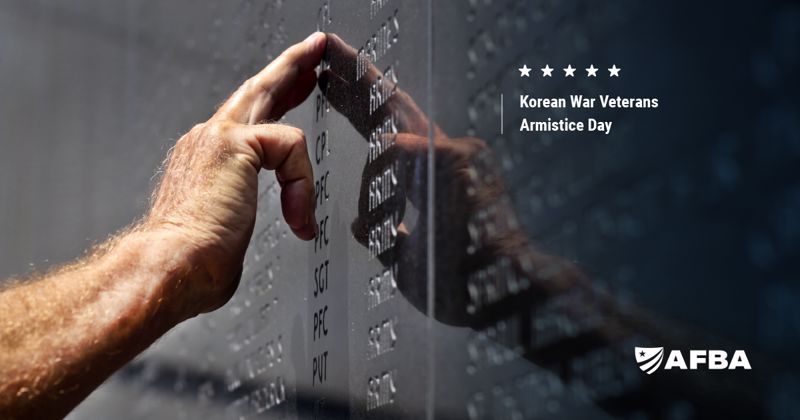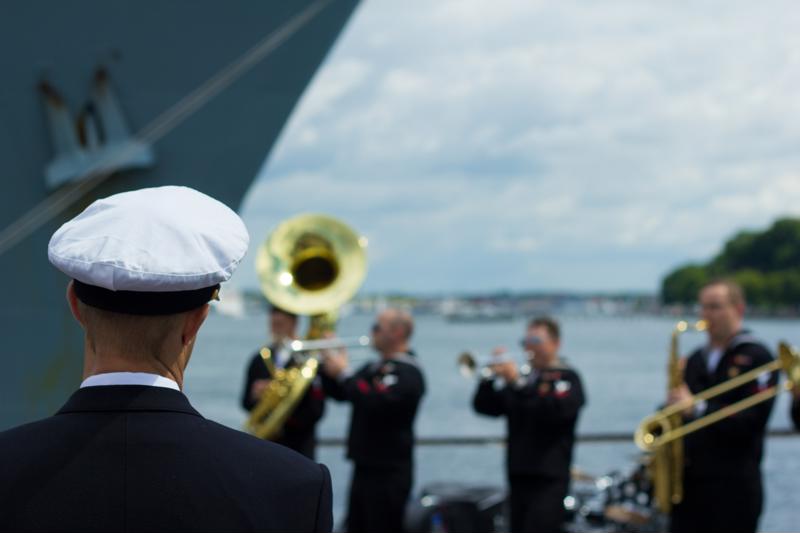A shared holiday between the U.S. and South Korea, Korean War Veterans Armistice Day has been celebrated every year for the past 70 years on July 27 since 1953. Its purpose is to honor veterans of the Korean War, which gave South Korea (then known as the Republic of Korea) independence from North Korea, which was called the Democratic People’s Republic of Korea at that time.
The Korean War is often referred to as “The Forgotten War” because of how little media attention it got. However, advocates for Korean War veterans fought to bring recognition to the heroic sacrifices of the many who died during the conflict. Soon after, Korean War Veterans Armistice Day was nationally recognized. It became a tradition for the President of the United States to make an address each year on the armistice’s anniversary.
The Deadly Chosin Reservoir Campaign
The Chosin Reservoir Campaign was an especially deadly period in which over 5,000 American troops died in the winter of 1950, either from the elements or in combat. One key battle in which the Chinese attacked the U.S. Marine-led forces became pivotal to winning the war. These efforts were not in vain and ultimately led to the U.S. and South Korea succeeding in rebuking North Korea and China.
Acting as a backup force for the North Koreans, this campaign was a core aspect of the Chinese Second Offensive. Its purpose was to force the United Nations to retreat from North Korea by destroying the 1st U.S. Marine Division, which had entered North Korea from the east before marching inland. They were in a weakened state and in a vulnerable position when the Chinese chose their moment to attack. About 120,000 Chinese soldiers attacked the remaining 15,000 U.S. soldiers and Marines, who fought alongside 15,000 UN soldiers.
The remaining U.S. and UN forces battled through the Chinese ranks to reach transport ships at the coast. This required moving through a series of mountain passes, a bridged chasm and a narrow road — a 78-mile hike through the most treacherous terrain in Korea.
Despite the odds being strongly against them, the historic General Douglas MacArthur led an effort that succeeded in heroically fighting through the Chinese army and evacuating 98,000 refugees while preventing the annihilation of the UN forces. The battle became legendary in Marine Corps lore as one of their greatest moments.
 “The appearance of the U.S. Department of Defense (DoD) visual information does not imply or constitute DoD endorsement.”
“The appearance of the U.S. Department of Defense (DoD) visual information does not imply or constitute DoD endorsement.”The end of the Korean War
The U.S. considered the Korean War a fight against communism itself. They feared that if North Korea succeeded in overtaking South Korea, the Soviets and their allies would be emboldened to invade more countries.
There was fear among some, especially the Americans, that a prolonged conflict could bring Russia into the war — potentially bringing about World War III. They were thus strongly motivated to reach an armistice as soon as they could. By the time the Korean War ended in July 1953, an estimated 23,600 U.S. servicemembers had died. North Korea’s invasion was unsuccessful, and there were few territory shifts.
Pay respects to Korean War veterans on July 27
Thanks to the efforts of advocates, July 27 is a national holiday in which we honor veterans of the Korean War. Pay your respects to these distinguished individuals when the anniversary of the armistice comes. These are servicemembers who most certainly shouldn’t be forgotten in “the forgotten war.”

